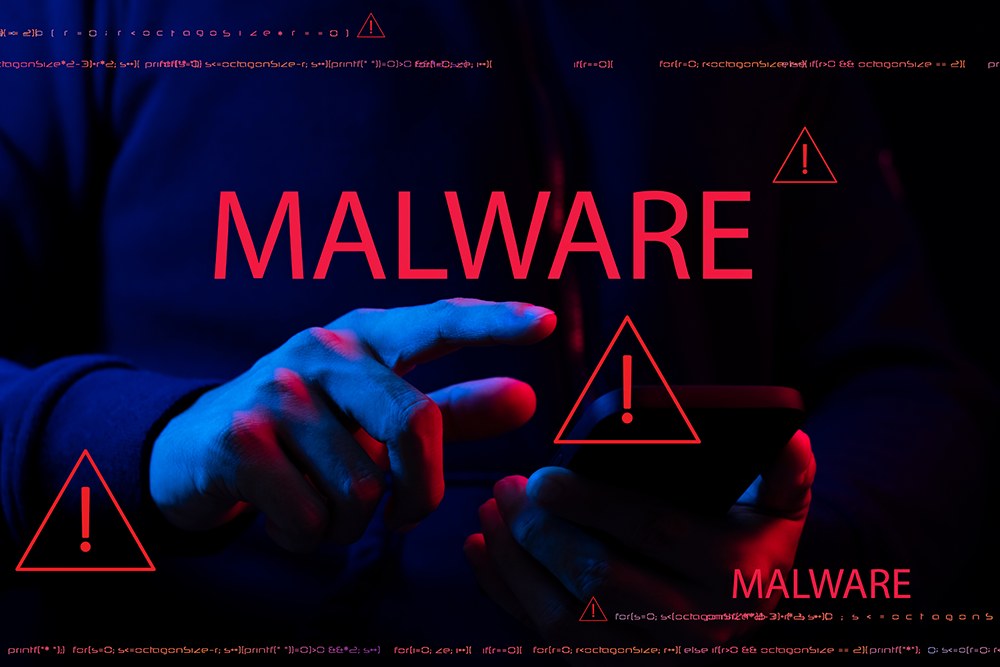.ETH Ethereum Naming System Domain Names:
Into the Ether?
Brian J. Winterfeldt
Principal
Justin S. Chay
Associate, Winterfeldt IP Group, PLLC
Cryptocurrency and blockchain enthusiasts have been scrambling to buy into the latest innovation: alternative root blockchain domain names. Among the most popular blockchain-based domain names are .ETH domains, offered by Ethereum Name Service (“ENS”), a blockchain domain name provider using Ethereum cryptocurrency. Founded in 2017, ENS claims to be “the most widely integrated blockchain naming standard” and in 2022, surpassed 1 million registered names (Twitter, 2022). .ETH domains are popular in part because they simplify the process of sending and receiving cryptocurrency—a user who wants to receive cryptocurrency from another could simply provide a simplified .ETH username (i.e., WinterfeldtIP.eth) in place of a lengthy, alphanumeric Ethereum address. ENS has attracted a few brand owners in the five years since .ETH launched, notably Puma SE (PUMA.eth), which ranks in the leaderboard for most followed Twitter accounts with .ETH names alongside celebrities like Jimmy Fallon (Fallon.eth) and Paris Hilton (ParisHilton.eth). But many other brand owners have stayed away, perhaps partly because of the decentralized nature of .ETH domain names, which complicates efforts to enforce intellectual property rights.

ENS emphasizes decentralization as a selling point on its website, claiming users can “launch censorship-resistant decentralised websites”. But the “censorship-resistant” and “decentralized” nature of .ETH websites allows bad actors to use them to swindle, infringe, distribute malware, or engage in other types of criminal behavior with few obstacles. For now at least, .ETH domains are not widely used for decentralized websites, which require specialized browsers like Brave or Opera and are not readily accessible from Chrome or Firefox, unlike Domain Name System (“DNS”) domain names (.com, .net, etc.). The potential for bad faith use on .ETH websites remains.
.ETH domains, unlike DNS domains, are also not subject to the authority of the Internet Corporation for Assigned Names and Numbers (“ICANN”), or domain name dispute mechanisms like the Uniform Domain Name Dispute Resolution Policy (“UDRP”), by virtue of the blockchain technology powering .ETH domains. Moreover, once a user registers a .ETH domain, according to ENS (ENS FAQs, 2022), ownership “cannot be revoked as long as an active registration is maintained”; presumably by paying the required renewal fees, as .ETH domains expire if they are not renewed (ENS Registrar FAQs, 2022). The inability to revoke ownership of .ETH domains may concern brand owners, because like previous digital land grabs (e.g., .COM), .ETH domains have generated a new wave of cybersquatters.
Cybersquatted .ETH domains are legion in online marketplaces. In May 2022, we saw that in an online marketplace named OpenSea, registrants listed for sale applecomputer.eth (selling for approximately $75,000), mac-apple.eth ($2,500), apple-ios.eth ($2,500), and macbook-apple.eth ($1,250), to name just a few domains targeting the famous computing brand Apple. OpenSea’s Terms of Service require users in section 6 not to infringe the intellectual property rights of others, and note in section 7 that OpenSea will take down “works” in response to intellectual property infringement claims and will even terminate a repeat infringer’s access to OpenSea. Brand owners can use OpenSea’s IP takedown request form to attempt to take down sales of infringing .ETH domains. But even if OpenSea acted on takedown requests for .ETH domain sales, cybersquatters could simply sell their .ETH domains at other marketplaces. Noise by brand owners may encourage ENS’ adoption of other mechanisms to discourage cybersquatters. In 2021, ICANN issued a warning to brand owners about the potential of alternative root domain names to cause consumer confusion (Durand, 2021), and ICANN’s 73rd meeting included a discussion of .ETH and other blockchain domains (ICANN, 2022). But the nature of the blockchain technology underpinning .ETH domains ensures brand owners cannot reliably wrest control of .ETH domains from cybersquatters under the currently available, limited enforcement mechanisms.
It remains uncertain whether the popularity of .ETH domains will last. Even non-fungible tokens (“NFTs”) have since seen reduced popularity (Morris, 2022) and value (Financial Times, 2022) after the U.S. Securities and Exchange Commission began investigations into NFT creators and marketplaces earlier this year (Robinson, 2022). With many brand owners reluctant to engage with .ETH domains, similar governmental scrutiny of .ETH and other alternative root, blockchain domains may eventually cause the popularity and value of .ETH domains to disappear into the ether. However, in the meantime, brand owners should continue to monitor .ETH domains for registration and use of domains incorporating their trademarks so that they remain apprised of, and can explore strategies to address, unauthorized uses of their brands.
THE BRAND PROTECTION PROFESSIONAL | JUNE 2022 | VOLUME 7 NUMBER 2
2022 COPYRIGHT MICHIGAN STATE UNIVERSITY BOARD OF TRUSTEES
- Next…
